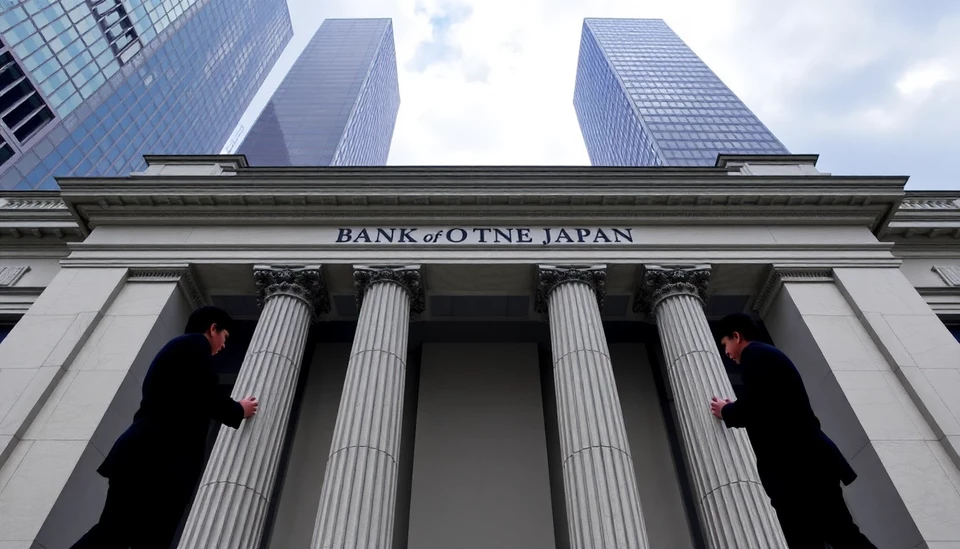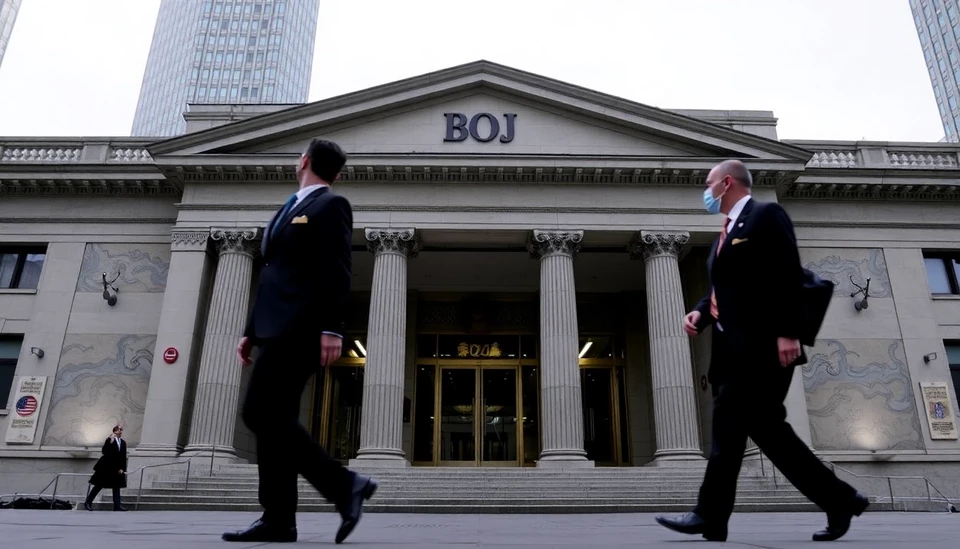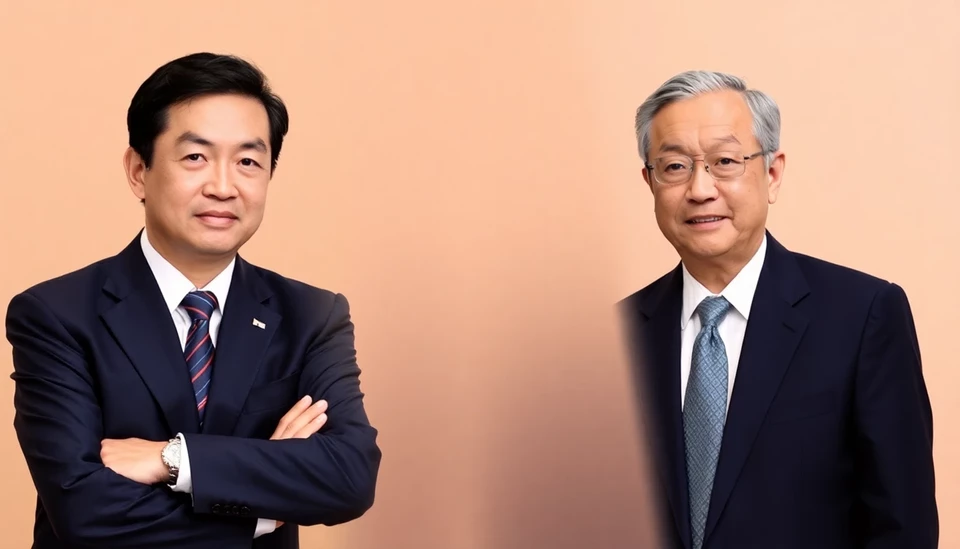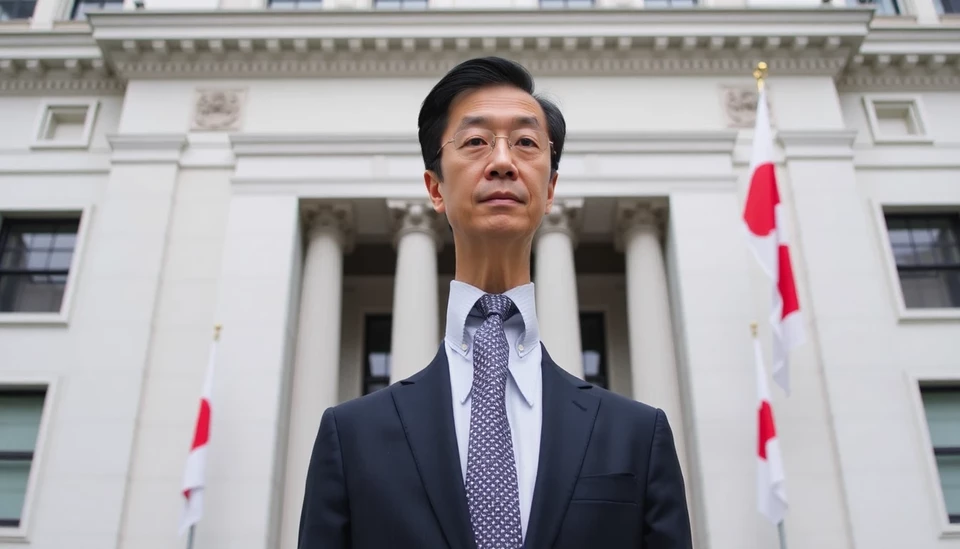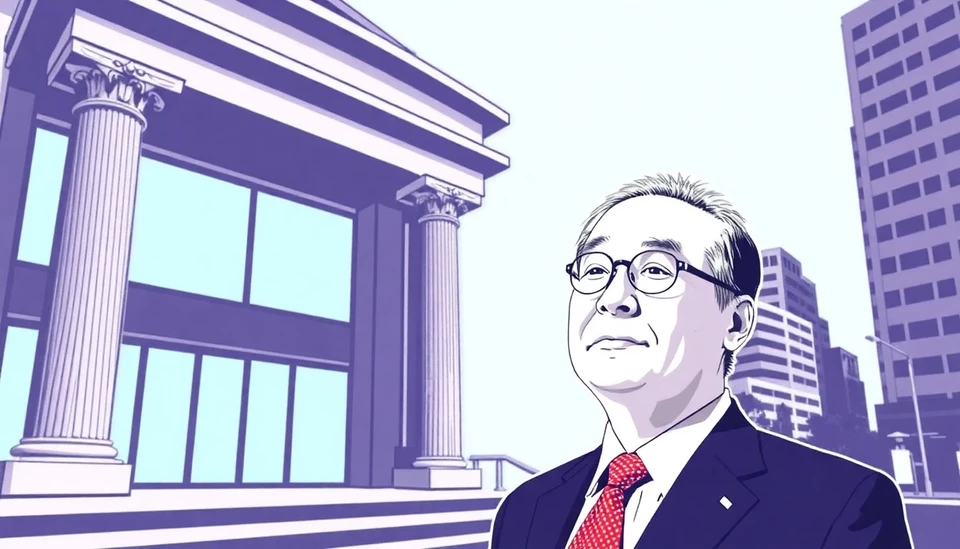
A recent commentary from a former Bank of Japan (BOJ) official suggests that the central bank is unlikely to implement interest rate hikes in the near future. This stance comes amid ongoing economic assessments and signals that the BOJ is prioritizing economic stability over immediate monetary tightening.
The former official emphasized that while the Japanese economy shows signs of recovery, the factors influencing a potential rate adjustment are complex and multifaceted. The official indicated that despite global inflationary pressures and shifts in monetary policy seen elsewhere, the BOJ is still weighing its options carefully before making any decisive action regarding interest rates.
The current economic landscape in Japan includes subdued inflation levels, which have so far not met the BOJ’s target of 2%. This persistent underperformance in inflation metrics is one of the key reasons why the BOJ may choose to maintain the status quo on interest rates. While the overall economy is growing, the sustainability of this growth remains in question, leading the BOJ to adopt a cautious approach.
Additionally, the former official pointed out that the global economic environment remains unstable, which complicates the BOJ's decision-making process. Factors such as uncertain economic indicators from major trading partners and potential geopolitical tensions continue to influence Japan's economic outlook. The BOJ’s assessment of these external risks may further justify its decision to refrain from immediate rate hikes.
Market analysts have been watching the BOJ’s position closely, particularly as other central banks around the world adapt their policies in response to changing inflation landscapes. However, experts agree that Japan's unique economic dynamics necessitate a tailored approach. The BOJ’s commitment to supporting economic recovery post-pandemic means that any shifts in interest rate policies will likely be approached with extreme caution.
In summary, the insights from the former BOJ official reinforce the sentiment that the central bank will likely prioritize maintaining current monetary policy in the immediate term. Observers will continue to keep a close eye on the BOJ’s communication and actions as economic conditions evolve.
As financial markets eagerly anticipate the next steps from BOJ Governor Haruhiko Kuroda and his team, the global community remains aware that Japan's monetary policy choices will ripple through international markets and economies.
In conclusion, the BOJ appears to be in a holding pattern, favoring economic stability over aggressive rate hikes as it evaluates the broader impacts of its decisions on the national and global financial landscape.
#BankOfJapan #InterestRates #Economy #MonetaryPolicy #Inflation #EconomicRecovery #FinanceNews #MarketTrends
Author: Laura Mitchell
